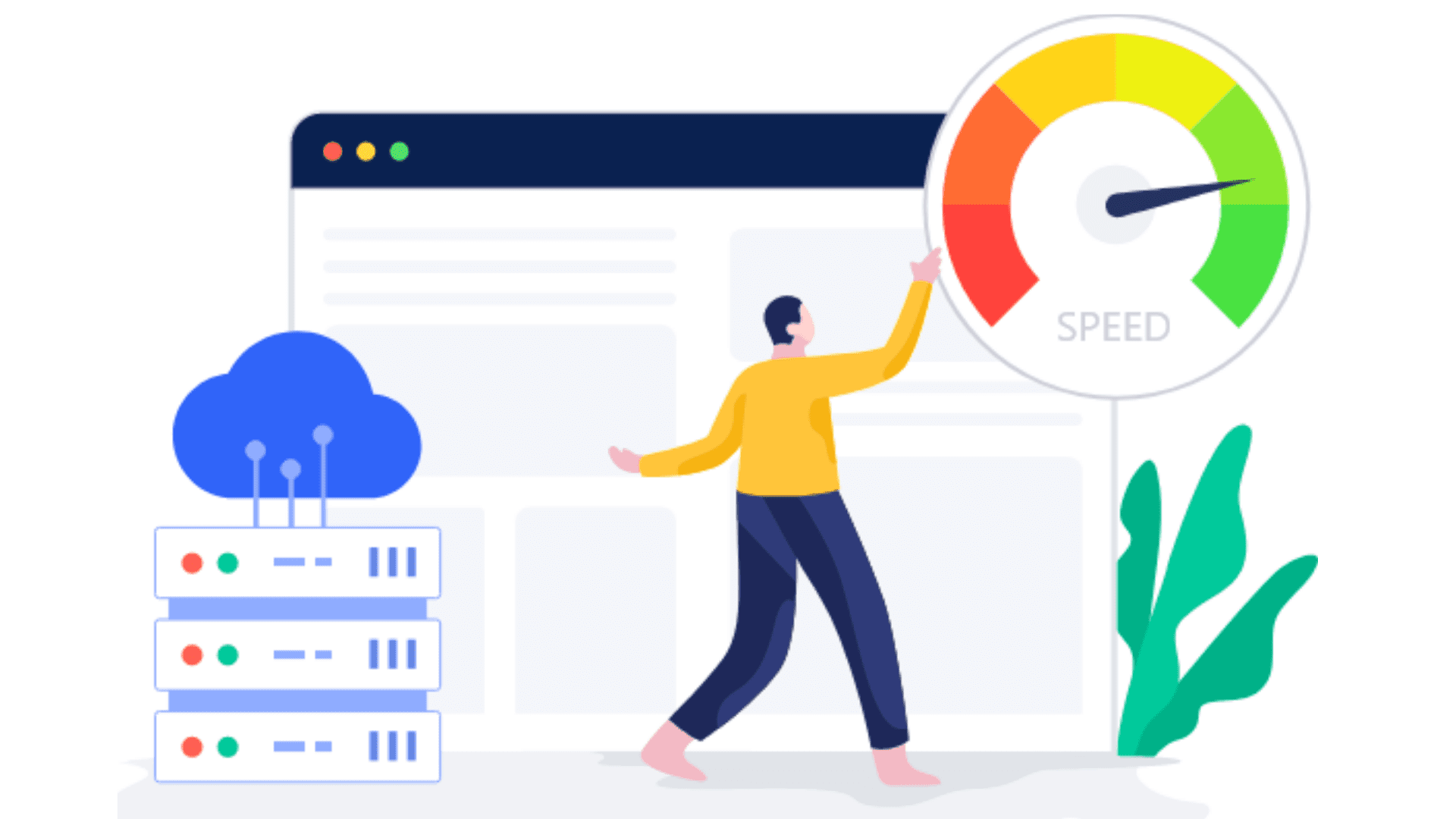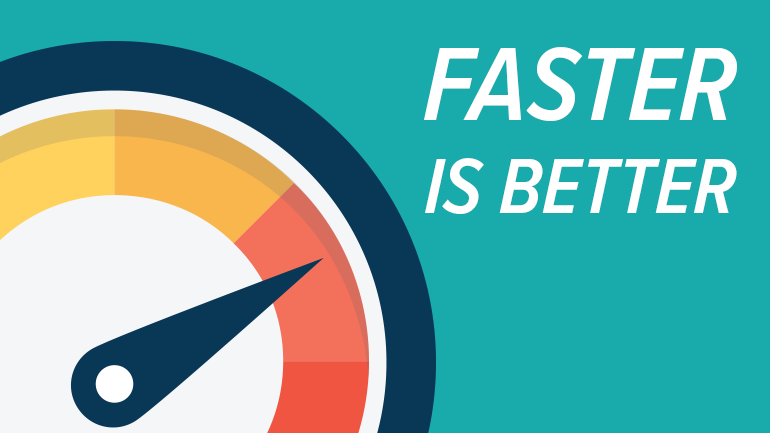
Marketing gurus talk a lot about how businesses can improve their marketing channels: creating better social content, writing better emails, and creating effective ads. But almost always, all of that traffic is driving to one place – your website.
The success formula of all time is making a high-performing website that will impress both your visitors and the Google algorithm.
With dozens of guidelines on-page experience within the Google algorithm, how do you optimize your website speed?
Find out below!
Why is Website Speed Important?
First, no matter what you do, if your website takes 15 seconds to load, you are never ranking on top of the search engine results page.
If you were to search for any query, you would notice that top-ranking websites load faster than those on the last pages of the search results.
Both search engines and online users prefer faster websites, and there are a few reasons for that:
-
When we search for something online, we expect to get answers quickly.
-
We trust high-performing and fast websites more as they look more professional.
-
If we can get results on our query faster, why would we go for a slower option?
Google and other search engines keep stressing the importance of page speed for the reasons mentioned above.
But it may be confusing for you and many website owners to understand what slows down your website, how to improve the loading speed, and how to optimize your website so that you get a chance to rank on top of the SERP.
Here is a detailed and straightforward way of optimizing your website speed:
10 Steps to Optimizing Your Website Speed
#1. Get Dedicated Hosting
When you use a shared server, your server’s resources are also used by hundreds of other users. You cannot anticipate when or how much other users will overwhelm the server, essentially slowing down your website too. The best solution is to rent a dedicated server which means you will be not be sharing your server resources with others.
#2. Reduce File Size
One of the most common reasons behind a slow website is having large files, especially media files. It could be videos, GIFs, images, or flash content taking too long to load. There are several solutions to the problem. One is to remove unused large files and either compress or replace the rest with compact ones. Another way is to eliminate flash content or use HTML5 alternatives instead.
#3. Optimize Your Images
High-quality images are too heavy to load up. Unless using high-quality servers, it will take more time carrying out each bit and image that’s part of your website to browsers. Other than compressing existing pictures and adjusting the size according to the display screen size, you should also avoid heavy image formats like TIFF and BMP and instead go for JPG, PNG, or WEBP.
#4. Minify Scripts
Minifying your website scripts is key to creating a better user experience, improving speed, and enhancing accessibility. It involves minimizing the website markup, script files, and code. You should also look for unnecessary characters within the code, such as semicolons, comments, or whitespace, and remove them.
#5. Use a CDN
CDN is a content distribution network. It means that your web content is distributed over a network of independent servers with different geographic locations. Using CDN dramatically improves website performance thanks to the allocated local servers. So a visitor from France would be connecting to a French server, while a visitor from the US – to a US server. This way, a CDN reduces the website content’s round-trip time (RTT).
#6. Reduce the Number of HTTP Requests
Whenever a user opens the website, the server gets overloaded with too many requests from the browser to load up several files. Too many script files and images lead to increased HTTP requests. Reducing the number of HTTP requests will quicken the sites, which could be done using CSS Sprites.
#7. Optimize Your Databases
Database optimization is highly beneficial for any website, not just for improving website speed. It can also help identify bottlenecks and eliminate the guesswork of tuning queries. Optimizing a database means minimizing your network traffic, disk I/O, and CPU usage time. As a result, you get a significantly reduced database system response time which eases the job of pulling information for database servers.
#8. Uninstall Unnecessary Plugins
More plugins mean more code, and too much code slows down your website. However, not all plugins are necessarily slowing down your website. You can freely use backup and contact form plugins without negative consequences on your core web vitals.
#9. Load CSS and JavsScript Files Asynchronously
Asynchronous CSS loading is a simple technique that ensures that your resources run independently of other website content. By default, web browsers will load external CSS files and the rest of the page together, which may take longer. Asynchronous loading allows browsers to load initial CSS before rendering the whole page instantly.
#10. Use Caching
Caching your website data is crucial to getting dramatic performance updates with very few interventions required from your side. Caching is a simple process of managing commonly requested data in memory. Cached data is faster to retrieve and access and is usually stored in fast access hardware.
Key Takeaways
Once again, following the steps above will help you improve your website speed – guaranteed.
The best thing is that solving one issue, for instance, getting dedicated hosting, will already provide results.
For the best possible outcome, we recommend fixing all the issues that may be slowing down your website:
- Get dedicated hosting
- Reduce your website’s file size
- Optimize your images
- Minify your code scripts
- Use a CDN
- Limit the HTTP requests
- Optimize your databases
- Reduce the number of plugins you use
- Use async CSS and JS loading
- Use caching.






